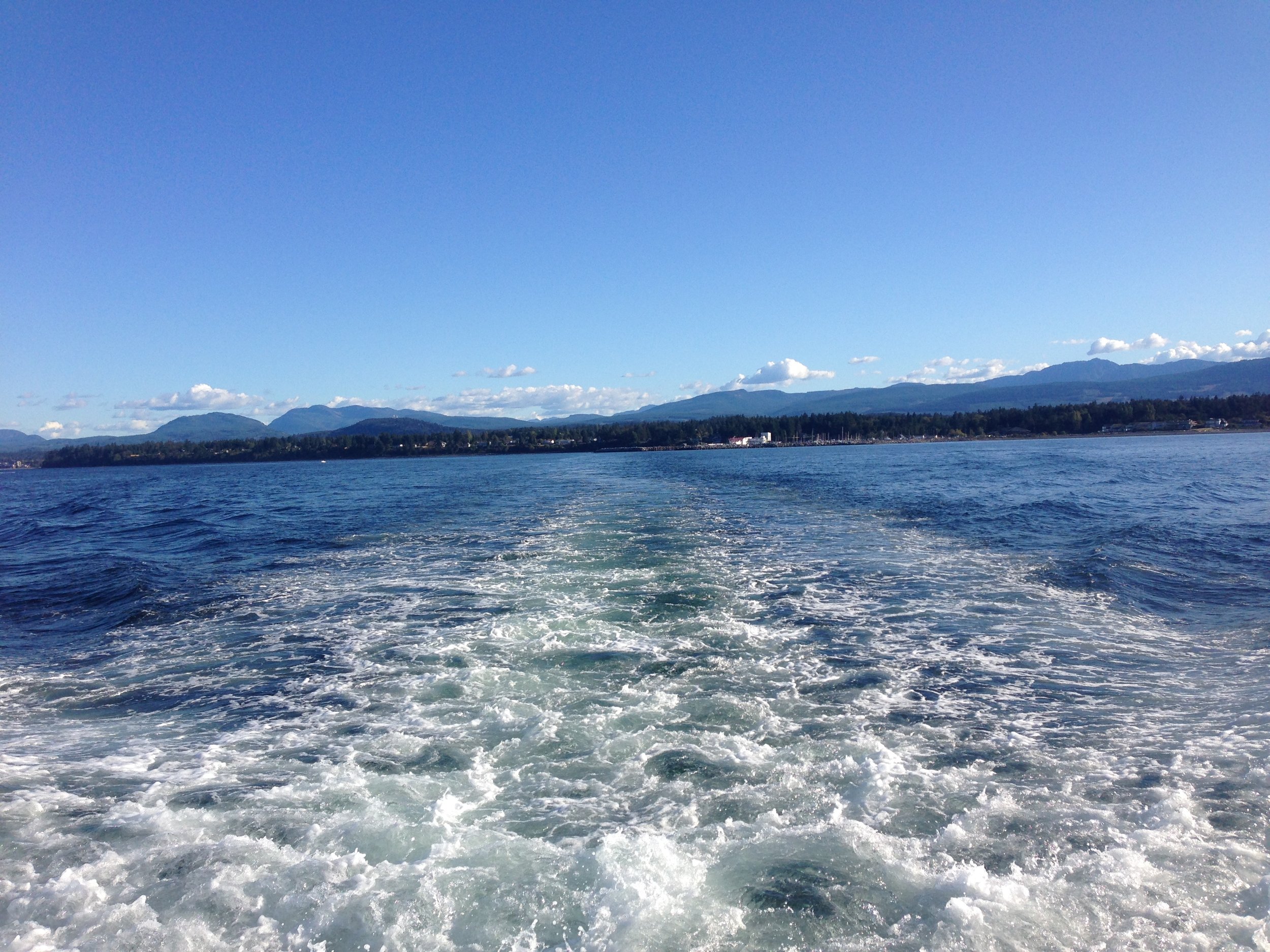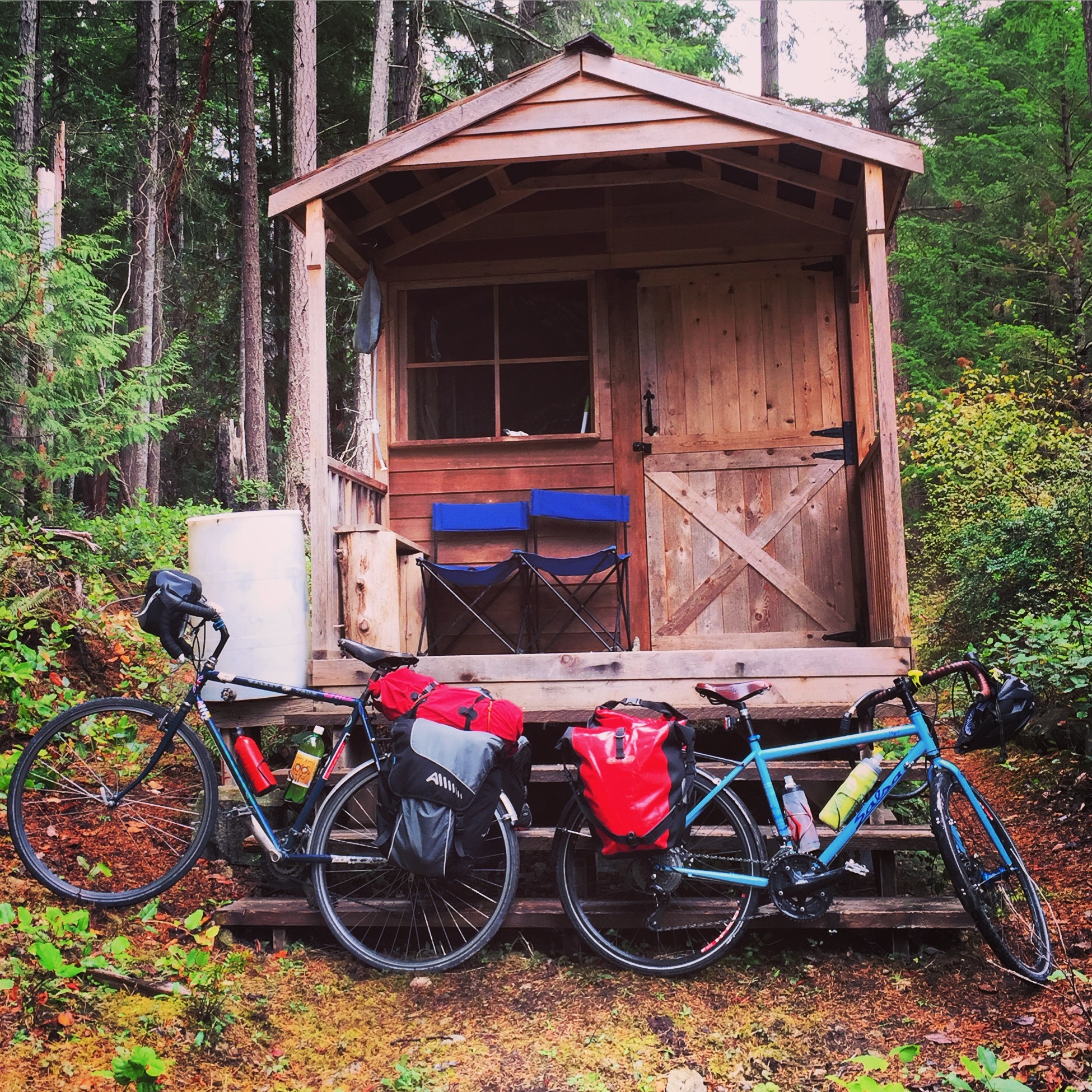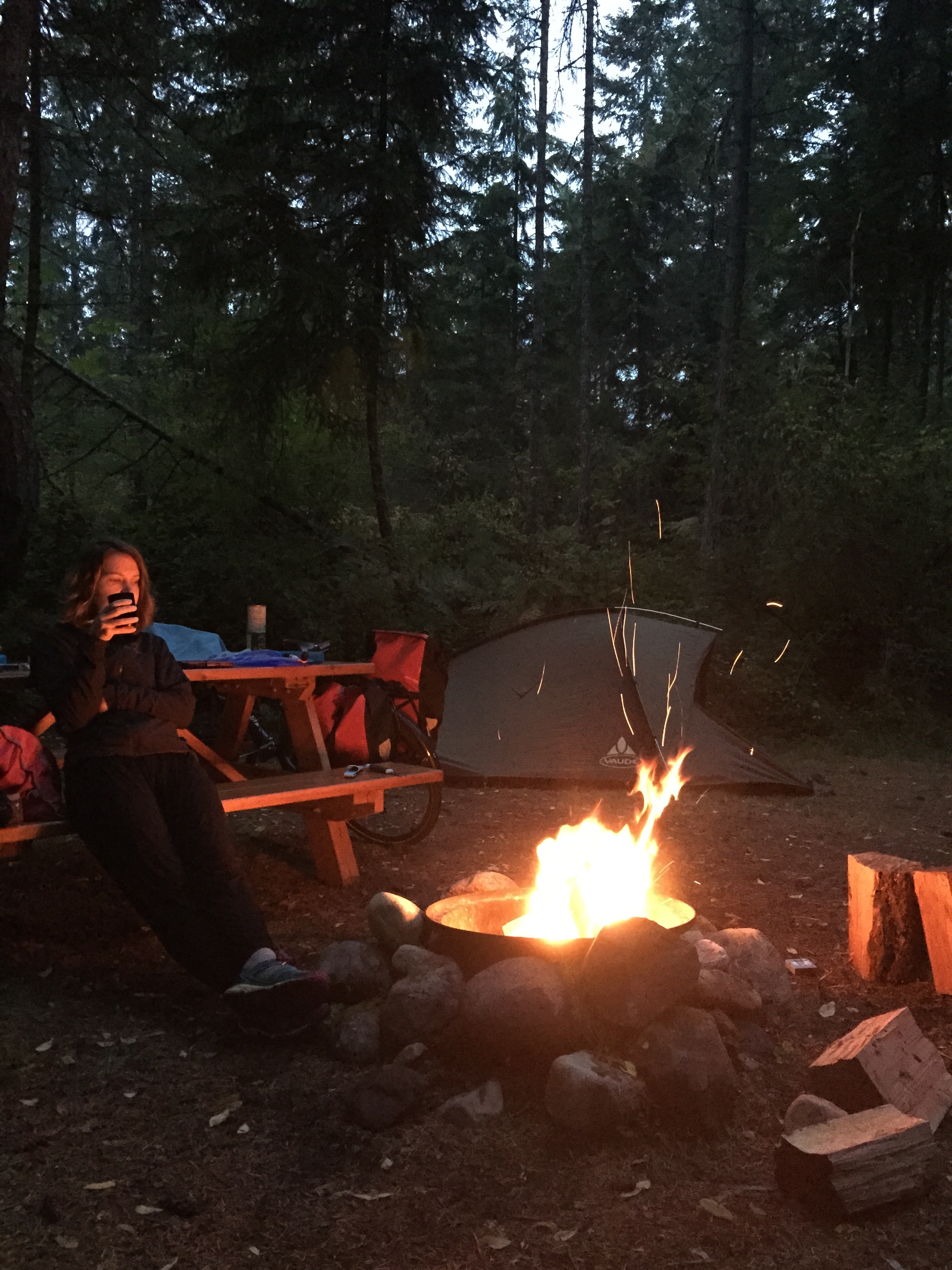Humans evolved to move. Somewhere along the way, we forgot about this. The majority of kids today are less active than their parents were at the same age. While it is well documented that insufficient exercise can cause health problems, is it enough to just eat good food and do occasional exercise to resolve this? Most people would think it cruel to keep a dog inside all day and not allow it outside to run, yet impose that exact same cruelty on themselves. If we can see clearly that a fundamental part of being an animal is to move should we not be following this rule?
The next time you see a dog being taken for a walk, take a minute to notice some subtle differences between Animal 1 (dog) and Animal 2 (human). The dog displays a mix of random and varied movement. Dogs walk, trot, sprint, roll, jump, shake, stretch, catch, and depending on the dog maybe even swim too. This is a stark contrast to how the other animal moves. Modern humans can go long periods of time without displaying any of those movements. A lot of people's movements are very restricted. That wouldn't have always been the case.
Humans can complete all of these movements and more, much more. When we choose to, we are the best movers on the planet. As a species we can perform a more varied range of movement than any other. We can run 100 metres in under 10 seconds or run 100 miles in one day, swim 100 metres underwater or swim across seas, we can climb, flip, stretch, jump, balance, we can do all of this and more. Yet, we are a generation who are moving less and less.
Every other animal on the planet that can perform a certain movement does. If an animal has the ability to run, it runs, if it has the option of climbing, it climbs. We do not use our ability in the same way. While running is arguably one of the fundamental reasons why we evolved the way we have, a lot of people choose not to run at all.
If humans have evolved to move, then shouldn't we explore that movement? When I was a kid, all I wanted to do was run, jump, climb, I wanted to move and I had the ability to. We're all the same. But for some reason, along the way, we do this less and less. One day we wake up and we no longer can.
Is it any wonder we see increases of obesity, depression, anxiety, diabetes and other similar illnesses when we have lost a fundamental part of what we are designed to do. Our bodies want to move, not once a week, but everyday. We don't need to seek out an intense workout everyday, but we should aim to move in a series of natural ways at least once a day. By that I mean, to move in ways nature intended us to. Few animals stick to one form of movement. Shouldn't we learn from this and keep our movement mixed and varied too. If you only ever run, you will have poor flexibility, if you only do yoga, you will have poor cardio capacity. Sticking to one form of movement is, of course, much better than doing nothing. But, sticking to one form of movement isn't natural.
I believe this idea of random, varied movement is one reason why we should all spend more time exercising outside. Not on concrete roads and pavements but on trails, rocks, mountains, oceans and rivers. In these settings no movement is the same. If you trail run, every foot lands differently to the last, adjusting to the ever changing angles and surfaces. If you surf, each wave that rises is new and you move your body to adapt to that unique situation. If you climb, every rock face requires different movement to reach the next hold. It naturally creates natural movement.
I believe that using our full range of motion will allow us to move in more varied ways. The more varied our movement, the better our movement will be. If we can continue to move well into our old age then we will be healthier and happier for longer. It is what we were designed to do.
The more we do, the more we can do.
While researching this idea further I have come across a whole "movement" for this philosophy called Movement Culture. I discovered a movement dedicated studio near me in Vancouver that explores a number of different styles of movement including Capoeira, Yoga, Tai Chi, Martial Arts, Parkour, and Free-running. Before going to this I had the extremely misguided opinion that I was reasonably fit, strong and flexible. My first class was a humbling experience as my eyes were opened to a whole range of movement that I had not tried for years. I am slowly learning to move again in a number of new ways. Combining this with the activities I was already doing, running, climbing, hiking, mountain biking, surfing, yoga, playing football etc has made me feel much stronger and healthier and has opened up my range of movement immensely.
Here are a series of links for you to find out more:
Ido Portal - The inspiration behind Movement Culture.
Slava Goloubov - The guy who is currently teaching me everything I don't know.
Dharma Movement Studio - Where I am learning to move.
Josh















